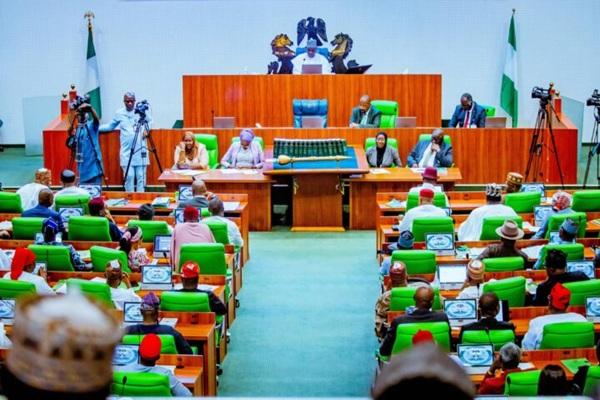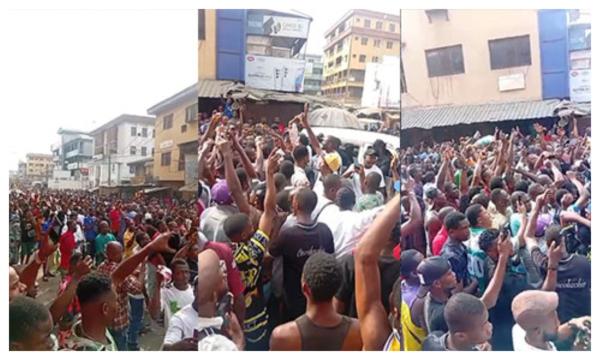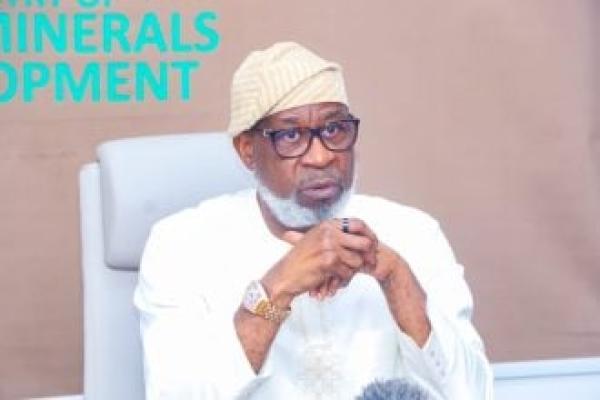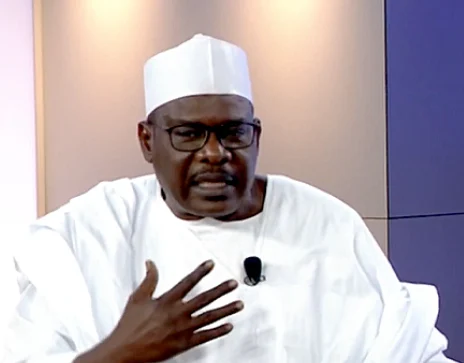
The House of Representatives has resolved to investigate the abandoned $35 million modular refinery project in Brass, Bayelsa State, despite significant financial commitments made four years ago.
The decision followed the adoption of a motion of urgent public importance moved by Rep. Billy Osawaru on Wednesday during plenary.
In his proposal titled “Need to Investigate the Abandoned $35 Million Modular Refinery Project in Brass, Bayelsa State, Four Years After Financial Commitments”, Osawaru stated concern that the project, funded by the Nigerian Content Development and Monitoring Board (NCDMB), has shown no visible progress since inception.
He outlined that in 2020, the NCDMB invested $35 million (over ₦50 billion) in Atlantic International Refinery and Petrochemical Limited, a modular refinery proposed for Brass, Bayelsa State, as part of efforts to boost indigenous refining capacity and reduce pressure on Nigeria’s foreign exchange.
“Despite this substantial investment, the proposed modular refinery was never established, and there is little evidence of progress on the project,” Osawaru stated.
The lawmaker recalled that the House had previously mandated relevant committees to investigate the matter and that a petition was submitted to the Economic and Financial Crimes Commission (EFCC) in May 2024 seeking a probe into NCDMB’s multi-million dollar investments, including the Brass refinery project. However, no updates have been received.
Osawaru stressed that the Tinubu administration’s Renewed Hope Agenda identifies indigenous refining as a key driver of energy independence, job creation, and industrial growth, and he stressed that the non-execution of the project affects national goals for energy security and economic sustainability.
Following the adoption of the motion, the House resolved to set up an ad-hoc committee to investigate the circumstances surrounding the $35 million investment in the modular refinery and report back within four weeks.
Lawmakers said the investigation aims to uncover reasons for the non-execution of the project and to ensure accountability in the management of public funds allocated for national development.






















